Release: NIH designates people with disabilities as a population with health disparities
NIH has designated people with disabilities as a population with health disparities for research. People with disabilities often experience a wide and varying range of health conditions leading to poorer health and shorter lifespan. In addition, discrimination, inequality, and exclusionary structural practices, programs, and policies inhibit access to timely and comprehensive health care, which further results in poorer health outcomes.



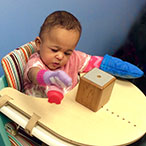


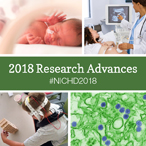
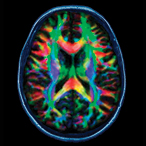
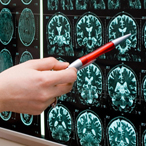








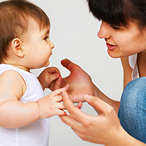
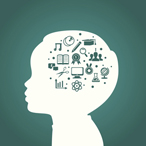
 BACK TO TOP
BACK TO TOP